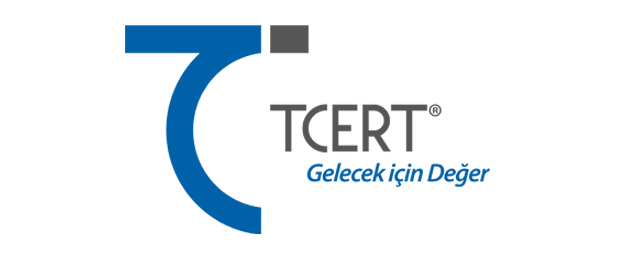- ANA SAYFA
-
HAKKIMIZDA
- MİSYON & VİZYON
- YETKİLER VE AKREDİTASYON
- KURUMSAL VE ÇEVRESEL SORUMLULUK
- KİŞİSEL VERİLERİN KORUNMASI
- SORUMLULUK REDDİ
- ÇEREZ POLİTİKASI
-
HİZMETLERİMİZ
- SİSTEM SERTİFİKASYONU
- ÜRÜN SERTİFİKASYONU
- SÜRDÜRÜLEBİLİRLİK
- ENERJİ VE ÇEVRE
- SOSYAL VE ETİK STANDARTLAR
- GÖZETİM HİZMETLERİ
- COVID-19 GÜVENLİ TESİS
- GÜVENLİ TURİZM
- LABORATUVAR
- PERSONEL SERTİFİKASYONU
- AKADEMİ TAKVİMİ
- MÜŞTERİ PROGRAMLARI
- HABERLER
- İLETİŞİM
404
Sayfa bulunamadı
Böyle bir sayfa yok ya da kaldırılmış.
© 2023 TCERT


